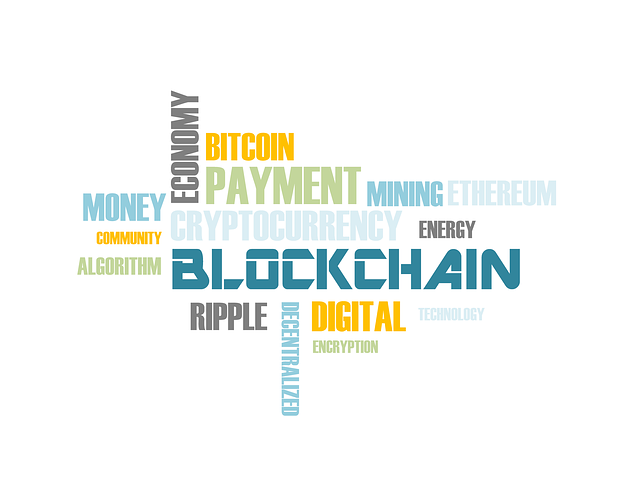
The impact of credit cards on personal finances goes beyond just convenience. In this article, we’ll unravel the financial tapestry woven by credit cards, examining their various facets and understanding how they shape our monetary landscape.
They provide individuals with the means to make purchases, bridge financial gaps, and build credit histories. However, their impact can be far-reaching, affecting not only immediate financial situations but also long-term financial well-being.
The Credit Card Landscape
From simple charge plates to today’s advanced electronic cards, their evolution mirrors the changing dynamics of the financial world.
Understanding the array of credit cards available is essential. From basic cards to rewards cards and secured cards, each type serves a unique purpose and caters to different financial needs.
Building a Credit History
A good credit score opens doors to various financial opportunities. Credit cards, when used responsibly, contribute positively to building and maintaining a healthy credit history.
Every swipe, every payment, and every on-time installment influences your credit history. Unraveling the mechanics of this process sheds light on the interconnectedness of credit cards and creditworthiness.
Credit Limits and Spending Habits
Credit limits are not arbitrary figures but strategic markers. Understanding how they are determined and their impact on financial decisions is crucial.
From impulsive purchases to responsible spending, every financial decision affects credit scores. We delve into the intricacies of maintaining a balance and ensuring financial stability.
Interest Rates and APR
Interest rates can make or break your financial journey. Demystifying these rates and understanding the annual percentage rate (APR) is essential for making informed decisions.
A high APR can lead to a snowball effect, turning manageable debt into a financial burden. We explore the long-term consequences of elevated interest rates on personal finances.
Credit Card Rewards Programs
Credit card rewards can be enticing, but understanding the programs and choosing the right one is crucial. We uncover the intricacies of rewards programs and how to maximize benefits.
While rewards are tempting, they come with risks. We discuss how to strike a balance between reaping the rewards and avoiding potential pitfalls.
Managing Credit Card Debt
Debt can be overwhelming, but there are effective strategies for managing and eventually eliminating it. We explore both the snowball and avalanche methods and their applications.
Understanding these two debt repayment methods helps individuals tailor their approach based on personal preferences and financial circumstances.
Credit Card Fees and Hidden Costs
Credit cards may harbor hidden fees that catch users off guard. Shedding light on these charges is crucial for maintaining financial stability.
Analyzing the impact of fees on overall financial health emphasizes the need for vigilant financial management and awareness.
Impact on Budgeting
A well-crafted budget is the cornerstone of financial stability. We explore how to seamlessly integrate credit cards into a budget without risking overspending.
Common pitfalls in budgeting with credit cards are discussed, along with strategies to avoid them and ensure a stress-free financial journey.
Credit Cards and Emergency Preparedness
Credit cards can be a lifeline during unexpected emergencies. We discuss how to leverage them effectively without jeopardizing financial security.
While credit cards can be helpful in emergencies, precautions must be taken to prevent long-term financial consequences. We provide practical tips for responsible emergency use.
Identity Theft and Fraud Protection
In an era of digital transactions, ensuring the security of credit card information is paramount. We explore the importance of secure transactions and protective measures.
Practical steps to safeguard personal information and prevent identity theft or fraud are outlined, empowering readers to navigate the digital landscape safely.
Credit Cards vs. Other Payment Methods
Comparing credit cards with traditional payment methods like cash and debit cards helps individuals make informed decisions based on their financial preferences.
The advantages and disadvantages of each payment method are weighed, offering a comprehensive understanding of when to use credit cards and when to opt for alternatives.
Credit Card Tips for Responsible Use
Building responsible financial habits involves more than just making timely payments. We provide practical tips for cultivating a healthy financial mindset.
Setting achievable financial goals is essential for long-term financial success. We guide readers on how to set realistic goals aligned with their unique financial situations.
The Psychological Impact of Credit Cards
Understanding how credit cards influence consumer behavior sheds light on the psychological aspects of financial decision-making.
Impulse spending is a common challenge. We explore strategies to curb impulsive tendencies and foster mindful spending habits.
Other related article: Proficiency in the Skill of Financial Management
Conclusion
In conclusion, the impact of credit cards on personal finances is multifaceted. From credit history building to debt management and psychological influences, understanding the intricacies empowers individuals to navigate the financial landscape more effectively. Embracing responsible credit card use ensures a positive financial journey.

